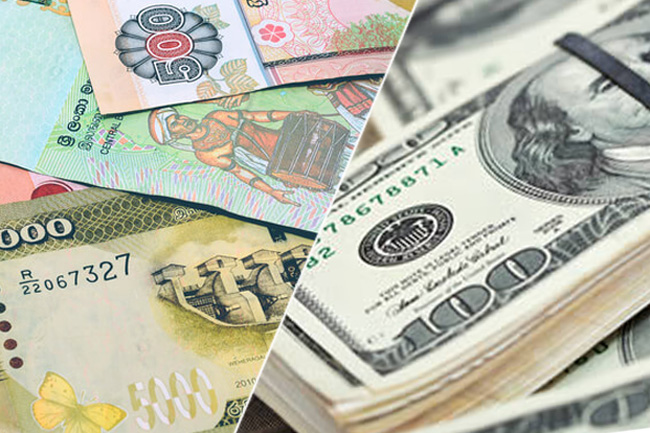Recent bids at the Treasury Bill auction of the Central Bank (CB) reflect the rupee liquidity shortage in the country’s banks, economists point out.
The gravity of the rupee liquidity shortage is witnessed by the bids submitted by primary dealers at spurious rates, they say.
Now they bid at high rates to capitalise on high inflation followed by higher interest rates, analysts say.
“They are expecting inflation to increase further and anticipate being compensated higher when they rise,” Murtaza Jafferjee, CEO JB stockbrokers told the Business Times on Thursday. Inflation is expected to go up to 40 per cent, CB Governor Dr. Nandalal Weerasinghe told reporters on Thursday.
Primary dealers are authorised to bid for the regulator’s Treasury Bill auctions and required to offer bids at a minimum 10 per cent of the auction amount.
Last Wednesday, Rs. 90 billion was offered by the CB. The regulator accepted only Rs. 16 billion (at 24 per cent) from the bidders with analysts saying that the balance Rs. 74 billion is likely to be printed. This is ample testimony of the rupee shortage, economists say.
They say that when the credit-worthiness of the country declines these are some of the many outcomes.
A senior banker told the Business Times that offering bids at high rates is nothing new because when there is a calamity the primary dealers will try to get the best deal.
The Bank of Ceylon (BoC) seems to be the institution that needs the most cash evident from the rates offered at the Treasury bill auction on Wednesday (ranging from 28 to 31 per cent and on May 11 (36 to 37 per cent).
Economists point out that this state-owned enterprise has lent the highest amount of loans to the Ceylon Petroleum Corporation, the Ceylon Electricity Board etc and to continue to do so they need to participate at higher rates at the auctions in the current context.
On Wednesday, U.S. investment bank JP Morgan backed Sri Lanka’s crisis-hit government bonds, saying recent political changes in the country should slowly improve its stresses and help its talks with the International Monetary Fund. “This report says that things are stabilising and the expectation that international sovereign bond yields are on the decline is a good thing,” an industry source said. He said that the primary dealers were trying to push the government to give them the bids at higher rates but if money comes into the country after the international report the requirement for borrowing at these rates won’t be necessary. He added that if the inflation shows high rates the current auction rates may not look so good.
Current interest rates, which shot up in April, have been left unchanged for May, the Central Bank said in a statement after its regular monthly policy review meeting on Wednesday of its Monetary Board.


